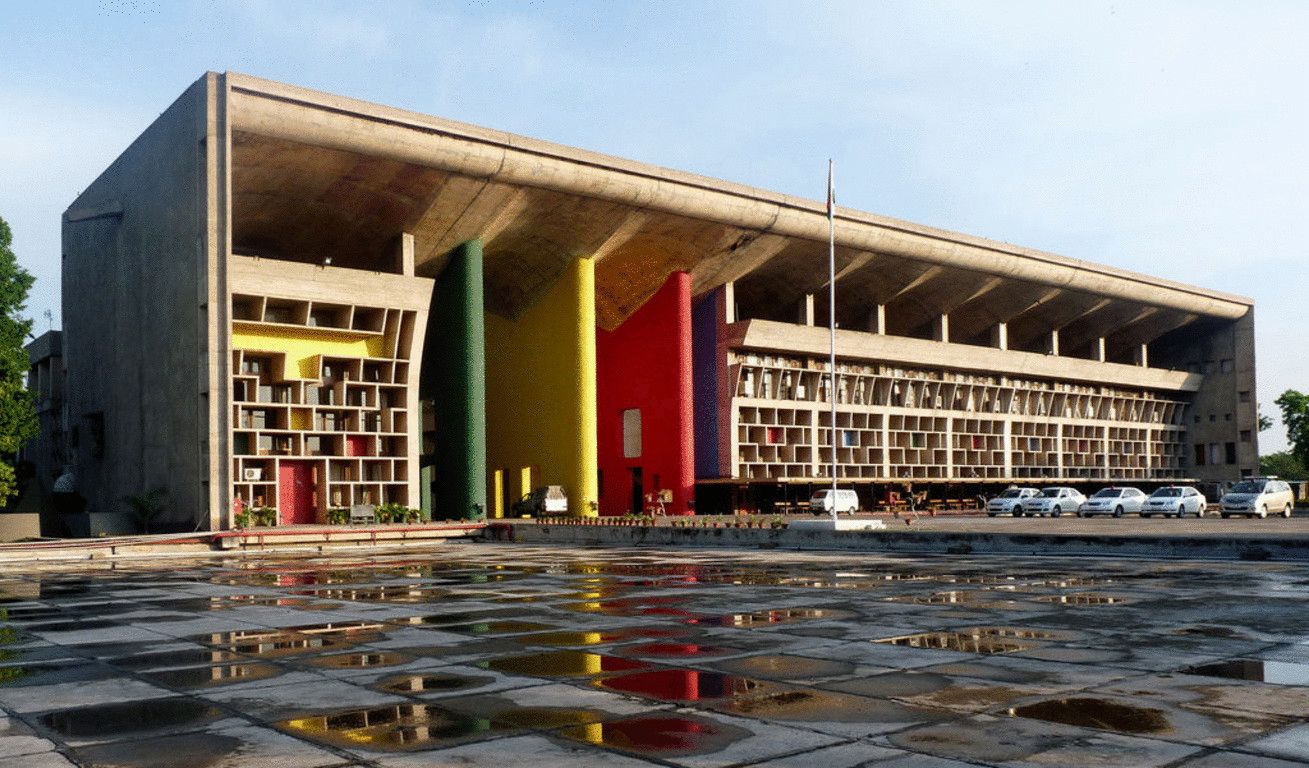Punjab & Haryana High Court Remands Specific Performance Suit, Says Question of Limitation Requires Evidence

Case Name: Dalbara Singh @ Darbara Singh (Now Deceased) through LRs v. Satbir Singh (Now Deceased) through LRs
Date of Judgment: October 13, 2025
Citation: RSA-2617-2025
Bench: Hon’ble Mr. Justice Virinder Aggarwal
Held: The Punjab & Haryana High Court set aside concurrent findings of the lower courts that had dismissed a suit for specific performance as time-barred, holding that the issue of limitation was a mixed question of law and fact requiring evidence. Justice Virinder Aggarwal observed that where the cause of action arises from subsequent events such as final adjudication of title or refusal to perform an agreement, courts cannot summarily reject a claim without giving the parties an opportunity to prove their assertions. The Court emphasized that the limitation period for specific performance under Article 54 of the Limitation Act begins from the date of refusal, not from the date of the agreement itself, when no specific time for performance is fixed.
Summary: The appellants had filed a suit seeking specific performance of an agreement to sell dated May 15, 1972, concerning 1/10th share of 323 kanals and 17 marlas of land for a consideration of ₹80,000, which was fully paid. The defendants allegedly delayed execution of the sale deed due to an ongoing ownership dispute with the State of Punjab. The matter relating to mutation was finally decided in 2009 in favour of the defendants, after which the plaintiffs demanded execution of the sale deed through telegram notice dated August 13, 2010. The defendants, however, failed to comply, prompting the filing of the suit in 2010.
Both the Civil Judge and the Additional District Judge, Sangrur, dismissed the suit as barred by limitation, observing that the agreement dated back to 1972. In appeal, the appellants contended that the limitation started only after the ownership dispute was resolved in 2009 and that the lower courts erred in not permitting them to lead evidence. Justice Aggarwal noted that the plaintiffs had specifically pleaded these facts and cited Gunwantbhai Mulchand Shah v. Anton Elis Farel (2006) 2 SCC 634 and T. Arivandandam v. T.V. Satyapal (1977) 4 SCC 467, where the Supreme Court held that limitation issues in such cases must be determined after evidence is recorded.
The Court further held that both lower courts wrongly dismissed the suit without adjudicating on the validity of the compromise dated March 14, 2011, which had been one of the main issues framed by the trial court. The finding that the compromise was invalid, without examining relevant witnesses, was held to be premature.
Decision: The High Court allowed the Regular Second Appeal, set aside the judgments and decrees of the courts below, and remanded the matter to the Civil Judge for a fresh decision on merits after framing appropriate issues and permitting both parties to lead evidence. All pending miscellaneous applications were disposed of.